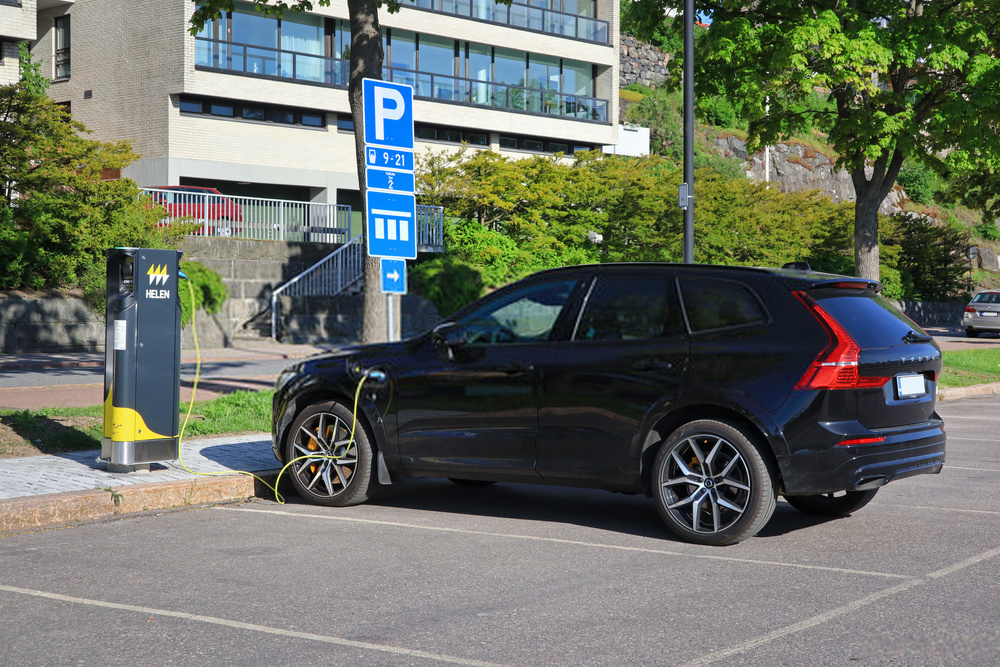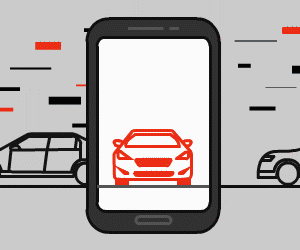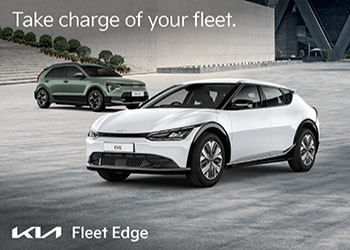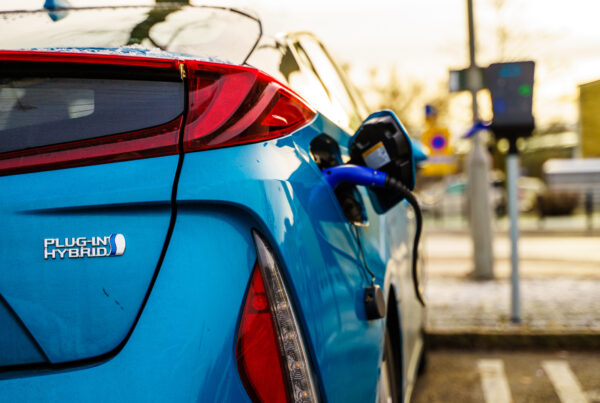The Australian Government has recently released its new Future Fuels and Vehicles Strategy in a bid to ‘reduce transport emissions’, increase electric vehicle uptake, and ‘support consumer choice’ in Australia.
According to Minister for Industry, Energy, and Emissions Reduction Angus Taylor, the Strategy is based on three key principles:
- Partnering with the private sector to support uptake and stimulate co-investment in future fuel technologies.
- Focusing on reducing barriers to the rollout of future fuel technologies, not taxes.
- Expanding consumer choice by enabling informed choices and minimising costs of integration into the grid.
$250 million will also be poured into the Future Fuels Fund to ‘leverage more private sector investments’ which focuses on:
- public electric vehicle charging and hydrogen refuelling infrastructure
- heavy and long-distance vehicle fleets
- light vehicle commercial fleets
- household smart charging
Lack of emissions standards, incentives
However, the automotive and EV industry had a lukewarm response to this “technology-led plan” because it reportedly misses critical points that will make a greater impact on the uptake of EVs as seen in other countries.
According to the Federal Chamber of Automotive Industries (FCAI), the government’s focus on accelerating charging infrastructure rollout that “Australia urgently needs to support more electric vehicles on our roads” is not enough.
The Future Fuels Strategy fails to address the need for a vehicle emissions standard which is critical to reducing C02 emissions from the transport industry.
“Governments should focus on setting targets, not trying to pick winners through specific technology,” FCAI Chief Executive Tony Weber said in a media release.
Furthermore, the Electric Vehicles Council stated that the Strategy lacks subsidies, tax incentives, or sales targets that can persuade consumers to switch to EVs.
“If it contained fuel efficiency standards and rebates it would give Australians more choice. The best and most affordable EVs manufacturers are producing would make their way swiftly onto our market,” said Electric Vehicle Council Chief Executive Behyad Jafari.
Different from the world
In other parts of the world, new cars are required to meet minimum emissions standards before they can be sold including the United States and Europe.
EV sales targets are also set in countries like Austria, China, Denmark, the Netherlands, Portugal, Korea, and Spain.
Furthermore, several countries have announced tax concessions or subsidies for new EV buyers. France reportedly offers an $18,000 discount for people who trades their petrol or diesel cars for a new EV.
The government, however, maintains its stance that “infrastructure and regulatory reform, not forcing people out of the car they want to buy through bans or taxation” is the key to increasing EV uptake.




















